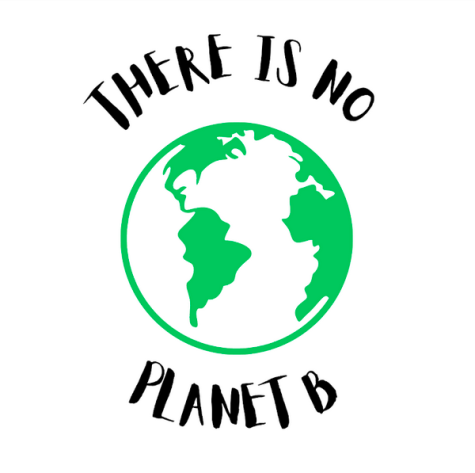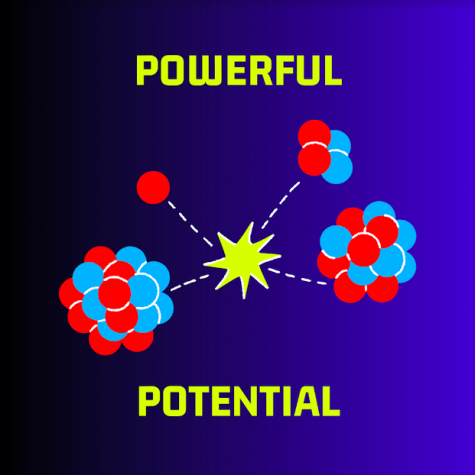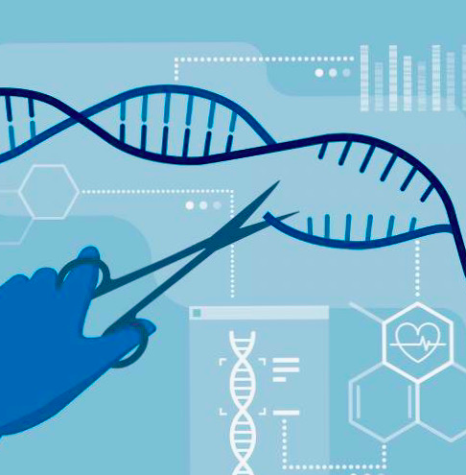2022 STEM Nobel Prize winners announced
The concept of the prestigious Nobel Prize was created in 1900 by Alfred Novel, a Swedish inventor and entrepreneur. The categories for the Nobel Prize, which is awarded each year, are physiology or medicine, chemistry, physics, literature, peace work and economic science. The purpose of the award is to “reward the discoveries that have conferred the greatest benefit to humankind,” (Nobel Prize).
Winners are announced every October, and this year was no different. 2022 marks the first time post COVID-19 that the recipients will receive their awards in person in Stockholm, Sweden (Entrepreneur).
Chemistry Winners
Three scientists share the award for chemistry: Berry Sharpless (California), Morten Meldal (Denmark) and Carolyn Bertozzi (California). Sharpless and Meldal were awarded for their contributions to what is called “click chemistry,” which aims to “‘connect molecules in essentially the same way you build legos’” (Nobel Prize). Some of the implications of this work include mapping DNA, enhancing cancer treatments and creating more purposeful materials.
This hopes to put chemistry concepts and build complex molecules that have a functional use. Bertozzi began using these methods in living organisms with bioorthogonal chemistry. Through this work, cancer treatment targeting has been improved and several pharmaceuticals are in the clinical trial stage (Nobel Prize). She is the eighth woman to receive this award.
Physics Winners
Alain Aspect (France), John F. Clauser (California) and Anton Zeilinger (Austria) won the award in physics for their work in quantum mechanics, which is a study of micro-particles.
“Each conducted groundbreaking experiments using entangled quantum states, where two particles behave like a single unit even when they are separated. Their results have cleared the way for new technology based upon quantum information,” (Nobel Prize).
This work is considered to be groundbreaking:
“‘It’s so weird,” Aspect said of entanglement in a telephone call with the Nobel committee. “I am accepting in my mental images something which is totally crazy.’” (AP News).
Physiology and Medicine Winner
Svante Pääbo from Sweden won in this category for his work in human evolution. He was able to sequence the genome of the Neanderthal, which is an older and extinct relative of humans.
“He also made the sensational discovery of a previously unknown hominin, Denisova. Importantly, Pääbo also found that gene transfer had occurred from these now extinct hominins to Homo sapiens following the migration out of Africa around 70,000 years ago. This ancient flow of genes to present-day humans has physiological relevance today, for example affecting how our immune system reacts to infections,” (Nobel Prize).
His work will provide a basis for further discovering what makes humans, humans through creating a new scientific discipline called paleogenomics.
The work done by these immensely brilliant individuals in these fields and in the other ones awards are based on will continue to shape what we know about the world around us and about human beings as a whole.







